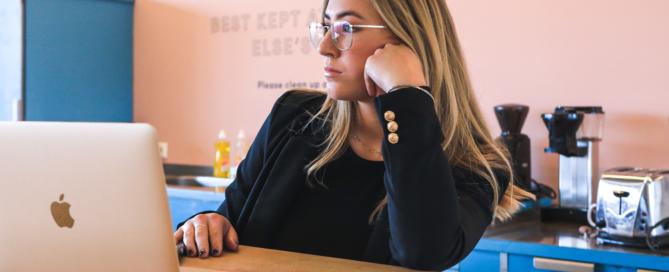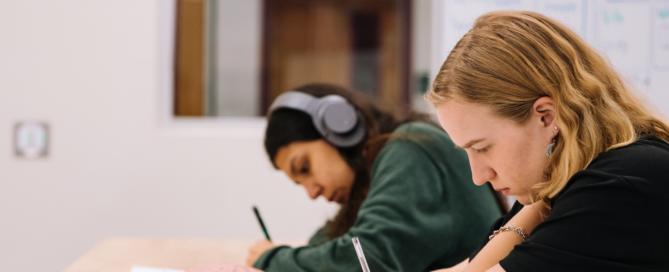Doctors thanking the essential workers who are on the frontline fighting COVID19 (video)
Doctors thanking the essential workers - nurses, allied health, cleaners, couriers and admin, who are on the frontline fighting COVID19 (Novel Coronavirus). Thanks to Gareth David for mixing, Lex Primost for production, Dolan Funk for videography and Chris Harding for editing.










